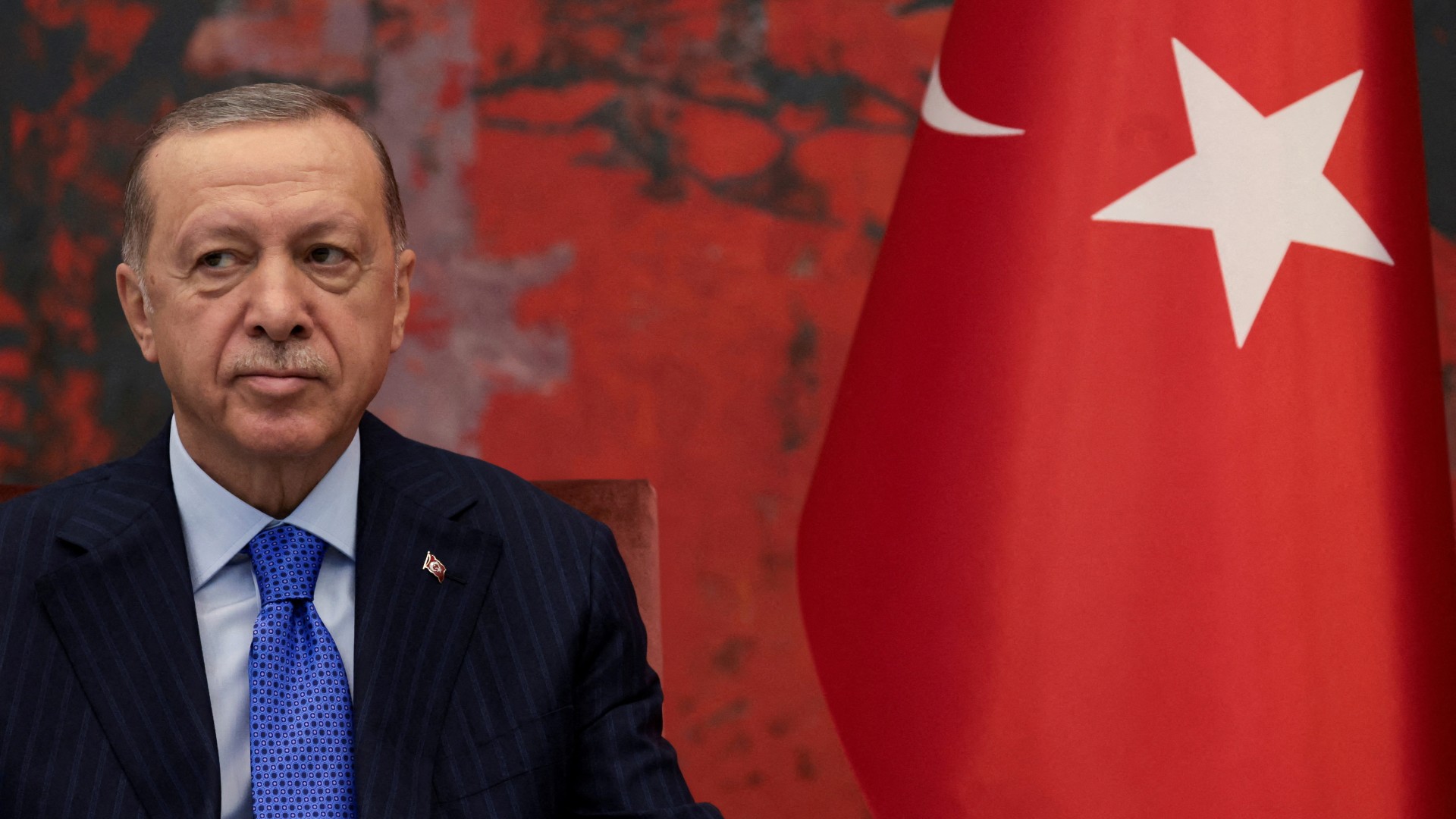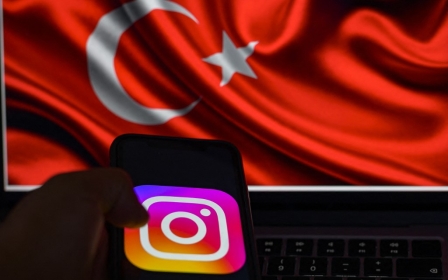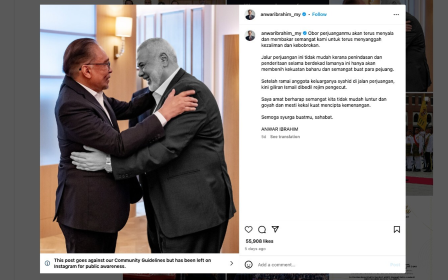Inside Turkey’s decision to block Instagram
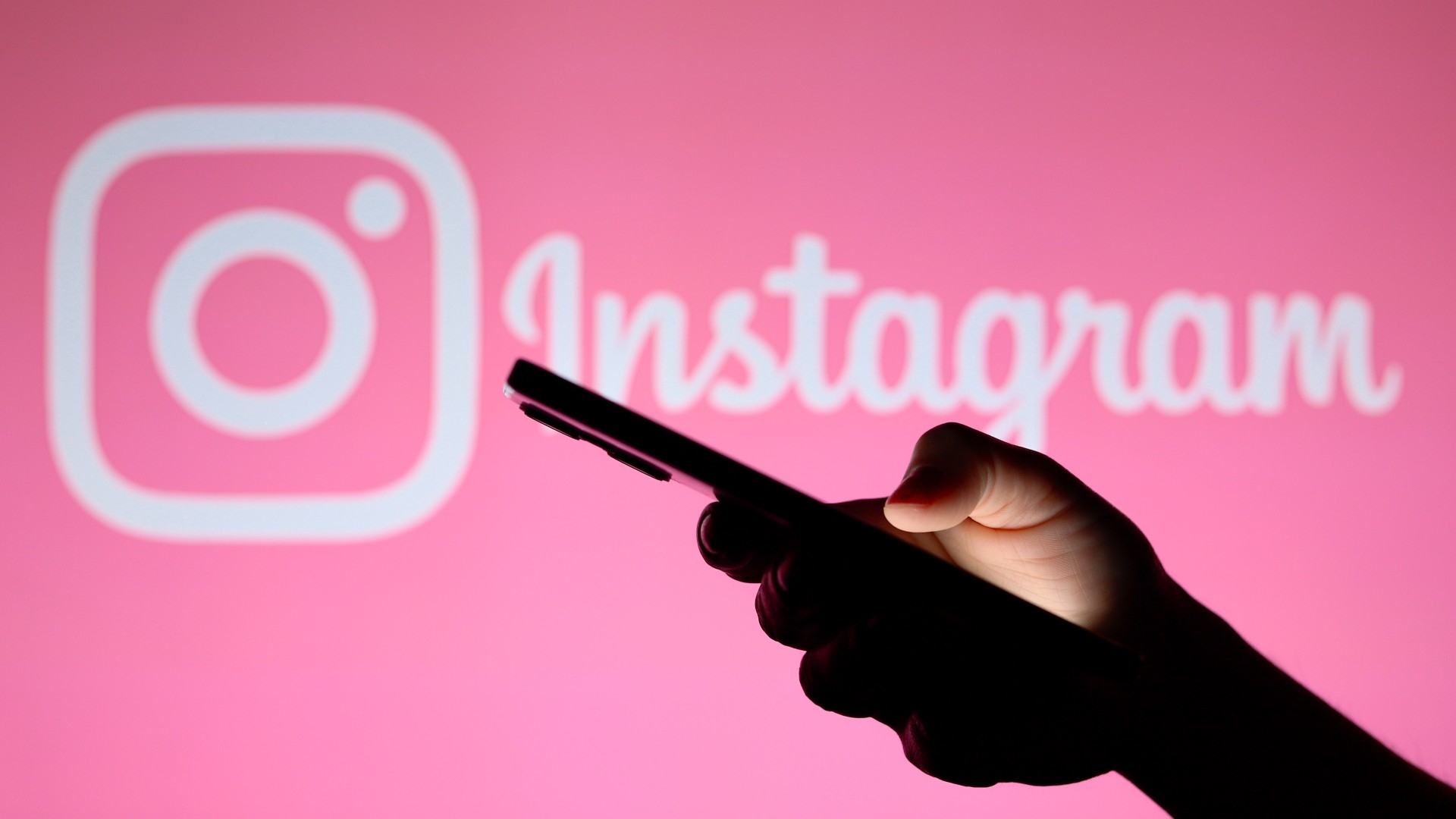
Last month, an outcry erupted in Turkey when some people posted songs and music associated with the Kurdish Workers Party (PKK) on Instagram and other social media sites.
Since Turkey, the United States and the European Union classify the PKK as a terrorist organisation, local authorities deemed this material “terror propaganda”, resulting in swift detentions.
According to two people familiar with the developments, the whole issue got senior Turkish officials thinking.
Instagram’s parent company, Meta, had a representative in Turkey who generally applied local administrative and court decisions on such content. However, the authorities felt that more steps, such as the automatic removal of PKK-associated posts or accounts linked to other crimes, were necessary - steps Meta appeared reluctant to take.
Then, on 31 July, after Hamas leader Ismail Haniyeh was assassinated in Tehran, Meta automatically began removing condolence messages on Instagram, citing the designation of the Palestinian movement as a terror group by the US. This move further fueled controversy, especially since Meta had already faced backlash for its handling of content related to Israel’s war on Gaza in Turkey and beyond.
New MEE newsletter: Jerusalem Dispatch
Sign up to get the latest insights and analysis on Israel-Palestine, alongside Turkey Unpacked and other MEE newsletters
Prominent Gaza-related content and accounts were removed from platforms such as Facebook and Instagram as the Israeli assault on the Palestinian enclave intensified. The subsequent backlash led Meta to permit more posts reporting on the war and its associated atrocities.
But the removal of posts marking Haniyeh's death was an additional red flag for Turkey, indicating that Instagram was being selective when it came to designated terror groups.
“TikTok, on the other hand, listens to our concerns,” one Turkish official told MEE.
According to Middle East Eye’s sources, the minister of transport and infrastructure, Abdulkadir Uraloglu, decided to raise the issue with President Recep Tayyip Erdogan.
They met soon after the Haniyeh posts were taken down and Uraloglu outlined his ministry's concerns with Meta, requesting permission to take action - without specifying his next steps.
Erdogan granted the request, though it is unclear whether he knew that Uraloglu planned to block Instagram in Turkey completely.
Nevertheless, that is what happened in the early hours of 2 August, when Turkish users began to find their access to the platform restricted by the Information and Communication Technologies Authority (ICTA).
Immediate outcry
The move blindsided many within relevant areas of the government.
Millions of Turkish citizens use Instagram for various purposes, from entertainment to education and commerce.
The vice chair of the Association of E-Commerce Operators (ETID), Emre Ekmekci, told TV channel CNBC-e that the daily commercial loss on the platform was around 1.9bn Turkish lira ($56.5m).
The ban triggered an immediate outcry from the Turkish opposition, prompting officials and Meta to hold meetings to resolve the crisis.
Turkish officials, who spoke on condition of anonymity, accused Meta of applying double standards to terror groups.
“Meta officials say they had to remove Turkish messages on Haniyeh from the platform because it is a terror group under the US law,” one official said. “But the PKK is also a terror group under the US law and Meta doesn’t automatically remove that content.”
According to the sources, Meta officials blamed their European headquarters for not properly following up on the issue and assured Turkish authorities they would take action on PKK-related content.
However, Turkish officials noted that Meta only offered to hide PKK-linked posts on Instagram for Turkey-based users, leaving the content accessible to those outside the country.
The officials found this offer insufficient, pointing out that Hamas-related content had been removed globally, not just in the US.
A Meta official, speaking to MEE anonymously, denied that the company applies double standards to Hamas and the PKK.
“Same rules are globally applied to both groups,” said the official, citing Instagram’s Dangerous Organisations and Individuals policy, which it says prohibits the glorification or support of either group.
Despite the apparent support for Instagram restrictions among senior government officials, a debate arose during a cabinet meeting on Monday, where Erdogan, according to two sources, appeared conflicted.
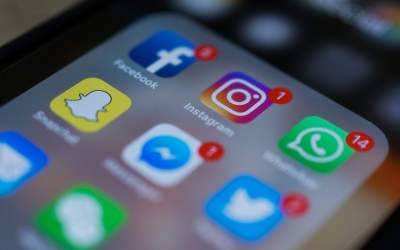
“You put us into a huge trouble,” Erdogan reportedly told Uraloglu. “Since we triggered all this fuss, it is better we should get some concrete results before lifting the block.”
A second source suggested that Erdogan was not angry with the minister but was, in fact, being humorous.
The source said Uraloglu was the one who brought up the issue during the cabinet meeting and none of the ministers criticised the ban.
“One minister had even proposed to ban all social media platforms until they apply Turkish law,” the source said.
The source added that Meta and Ankara are in regular contact to remedy the issue and Meta has already taken some positive steps.
“However, it seems it will take more time to be on the same page with them,” the source said.
A Meta spokesperson told MEE that millions of people in Turkey are being deprived of their usual ways of connecting with family and friends, and businesses are struggling to reach their customers in the same way.
“We will continue to do everything we can to restore our services,” the spokesperson said.
Middle East Eye delivers independent and unrivalled coverage and analysis of the Middle East, North Africa and beyond. To learn more about republishing this content and the associated fees, please fill out this form. More about MEE can be found here.


